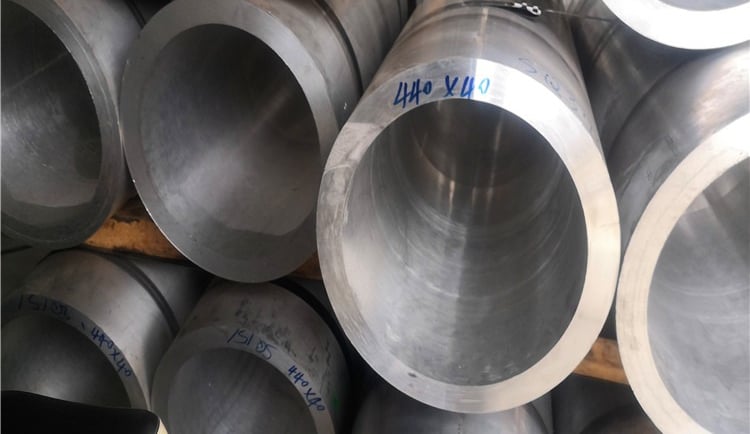The Advantages of Large Diameter Aluminum Tubes and Pipes in Industry


Understanding Large Diameter Aluminum Tubes and Pipes
Large diameter aluminum tubes and pipes have become crucial components in various industries, thanks to their impressive strength and corrosion resistance. Their unique properties make them highly suitable for numerous applications, particularly where durability and reliability are paramount. This blog post delves into the benefits and applications of these materials across different sectors.
Strength and Corrosion Resistance
One of the primary advantages of large diameter aluminum tubes and pipes is their remarkable strength-to-weight ratio. Aluminum is known for being lightweight but strong, making it an optimal choice for structural applications. This characteristic is especially beneficial in oil and gas pipelines, where both the weight and the robustness of the piping material are crucial. Furthermore, aluminum's resistance to corrosion enhances its longevity, reducing maintenance costs and increasing operational efficiency. Pipelines in harsh environments can greatly benefit from this property, ensuring that the infrastructure withstands the test of time.
Applications in Various Industries
Large diameter aluminum tubes and pipes are widely utilized in the manufacturing of welded pipe systems that are instrumental in transporting fluids. These pipes find applications in oil and gas pipelines, serving as conduits that facilitate the transfer of resources from extraction points to processing facilities. Additionally, large diameter aluminum pipes are integral to water pipe systems, ensuring potable water is delivered safely and efficiently across urban landscapes. Notably, these pipes also feature in the production of high-pressure vessels where the strength and integrity of the material is crucial to safety. Given their myriad applications, large diameter aluminum tubing continues to play a pivotal role in modern manufacturing and construction processes.
In conclusion, the utilization of large diameter aluminum tubes and pipes is vital for a myriad of industries, primarily due to their superior strength and resistance to corrosion. As industries evolve and demand for durable materials increases, the relevance of aluminum pipes in applications ranging from oil and gas to water conveyance systems is undeniable. This trend is likely to continue, reinforcing the significance of aluminum components in future engineering advancements.
